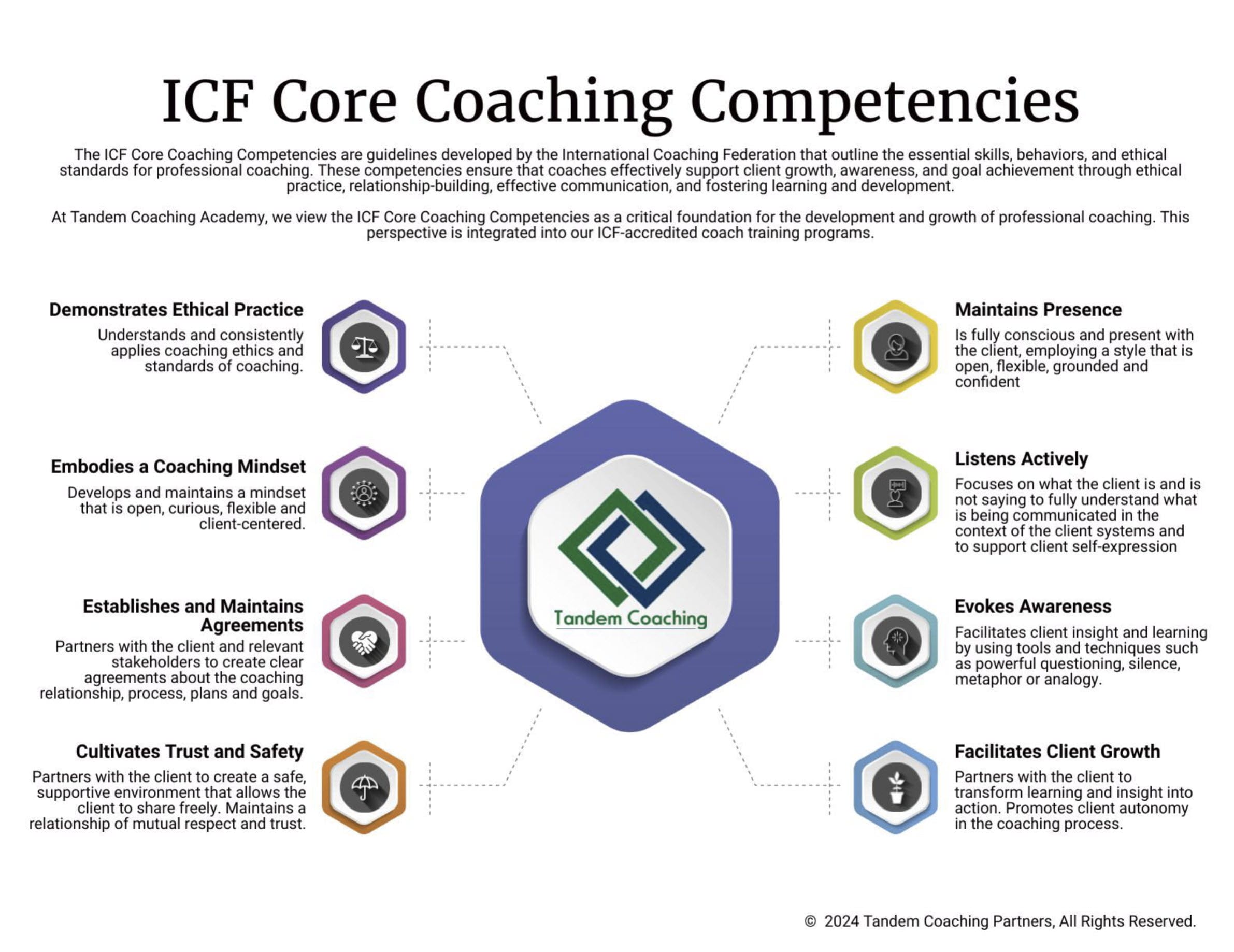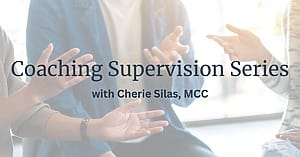Becoming a coach is a journey of self-transformation and self-improving. While coaching programs, such as ACSTH or ACTP are what you are probably thinking of first, there are innumerable resources that will help you along the way to become a truly successful coach. There are quite a few books for coaches that will help you start on your coaching journey and help with professional development. I will even say that there are too many books out there and they all vie for your attention and time that you might be short of.
Some books are focusing on coaching philosophy and general approaches. Some focus on specific coaching niches, such as executive and life coaching. Others focus on key coaching skills, methods, techniques, and models that will build a foundational knowledge of any successful coach.
Whether you are an experienced executive coach, or a starting life coach, or an aspiring career coach, there is a book that claims to be a fantastic resource to launch your careers to the next level.
Here are some excellent books that helped me in my professional and career development as a professional coach. Neither of these is an advanced coaching book that will teach you some sacral coaching knowledge and will propel you and your coaching career to the stardom. However, if you have time and patience to grab a concept here, and a tidbit there, you will be on your way to becoming and masterful coach and a successful person.
Challenging Coaching by John Blakey and Ian Day
 I read this book even before I learned about John Whitmore’s GROW model, so the FACTS model that is presented in this book was one of the very first coaching models I got familiar with. While the authors build their approach to coaching around the FACTS model, which I will take a look at in a bit, their key observation is that the key to the effective coaching is a great balance between supporting and challenging the client.
I read this book even before I learned about John Whitmore’s GROW model, so the FACTS model that is presented in this book was one of the very first coaching models I got familiar with. While the authors build their approach to coaching around the FACTS model, which I will take a look at in a bit, their key observation is that the key to the effective coaching is a great balance between supporting and challenging the client.
And it makes perfect sense. To be an effective coach, one needs to provide a lot of support to their coaching clients on their self-discovery and personal growth journey. However, support by itself is not merely enough. Our clients do not require a coaching relationship and a hefty bill that comes with it to get support they need.
What they also need is a challenge – challenge of their behaviors, habits, beliefs, and ways of thinking.
And while coaching style differ from coach to coach, these two dimensions are present in every effective coaching method and coaching process. The balance of these is the key element to every effective coaching conversation and relationship. In the absence of both there’s no coaching, there’s just apathy and your coaching client will wonder why they need to be in coaching to start with. Challenge your client too much and … An experienced coach will find their own unique way to blend a lot of challenge a client needs for their personal growth and marry it with a long of support along the way.
And of course, the coaching method described in this book revolves around the FACTS model, which is an acronym that stands for Feedback, Accountability, Courageous goals, Tension, and Systems Thinking.
The book does not dig into any of those with much details and if you want to dig deeper, you might find some other resources that will satisfy your curiosity. For example, Kim Scott’s Radical Candor is an excellent book about feedback, while Donella Meadow’s Thinking in Systems is an excellent introduction into Systems Thinking.
While the book does not dig deep into any of those concepts, it nicely ties them into a very effective coaching model that will help a practitioner bring about the change a client desires and create that unique coaching relationship where
Coach the Person, Not the Problem by Marcia Reynolds
This is another excellent coaching book that was released in 2020 and instantly took a prominent place on my bookshelf.
The key approach to coaching and a concept Dr Reynolds introduces in her book is a simple and powerful reflective inquiry.

As you progress on your coaching journey, you no doubt learned how to ask powerful questions and how to make observations and practice the competency of direct communication. In our coach trainings we teach our students both. What makes the concept of reflective inquiry most powerful is that it ties these two crucial concepts together. Make an observation, verbalize an intuition, notice client’s behavior and you just made what Marcia calls a reflective statement. Add a powerful question that propels the client forward and gives a jolt of awareness to their growth mindset and you created a perfect reflective inquiry.
And, of course, as the book’s title suggests, Dr Reynolds goes into details of explaining how to get deeper and away from coaching a story a client brings to the session, how not to get stuck in the nitty gritty details and all those wonderful narrative nuances. And while the book recognizes that regardless of whether coaching goes deeper or not, the coaching process starts with listening to the client story, it also provides a wealth of information on how to dig deeper into the context, values, beliefs, biases, and frames that hold those stories together and keep the client stuck at times.
The HeART of Laser-Focused Coaching by Marion Franklin
Mrs. Franklin subtitles her book as a Revolutionary Approach to Masterful Coaching. While I am not too hot on anything revolutionary, this master coach’s approach to coaching process
The book easily became one of my favourite books on coaching due to the fact that it describes such complex coaching concepts as coaching presence, for example, in simple terms with a lot of examples. Marion brings a lot of personal anecdotes and pulls specific examples from her coaching practice and coaching conversations that help to put some academic concept into a practical context and make the concepts she is describing come to life.
For example, one of the ICF core coaching competencies states that a coach “develops and maintains a mindset that is open, curious, flexible, and client- centered.” The rub here comes when we dig into the curiosity and realize that it’s the curiosity on behalf of the client that makes a master coach. And it is incredibly hard to be and stay curious that way. Mrs. Franklin introduces two powerful questions that while a coach should not be asking of their clients, but always keep in mind, help them be present and stay at the top of their game. Two coaching questions that stand out and help the coach perfect the key coaching skill of curiosity on behalf of the client are, “What makes this a problem for this client?” and, “Why are they telling me this?” Staying curious and keeping these two questions in mind will help a coach avoid judgment, stop following every rabbit hole a client dives into and connecting with a client on a much deeper level than that surface level of a problem that is discussed in a session.
Whether you are a life coach or an executive coach or a mentor coach, or an instructor running a coach training program this book will provide you with a lot of clarity around the concepts that you might have a good gut feel around but struggle to explain plainly and simply.

Unlock Your Coaching Potential with Tandem!
Dive into the essence of effective coaching with our exclusive brochure, meticulously crafted to help you master the ICF Core Coaching Competencies.
"*" indicates required fields
About the Author
Cherie Silas, MCC
She has over 20 years of experience as a corporate leader and uses that background to partner with business executives and their leadership teams to identify and solve their most challenging people, process, and business problems in measurable ways.
















